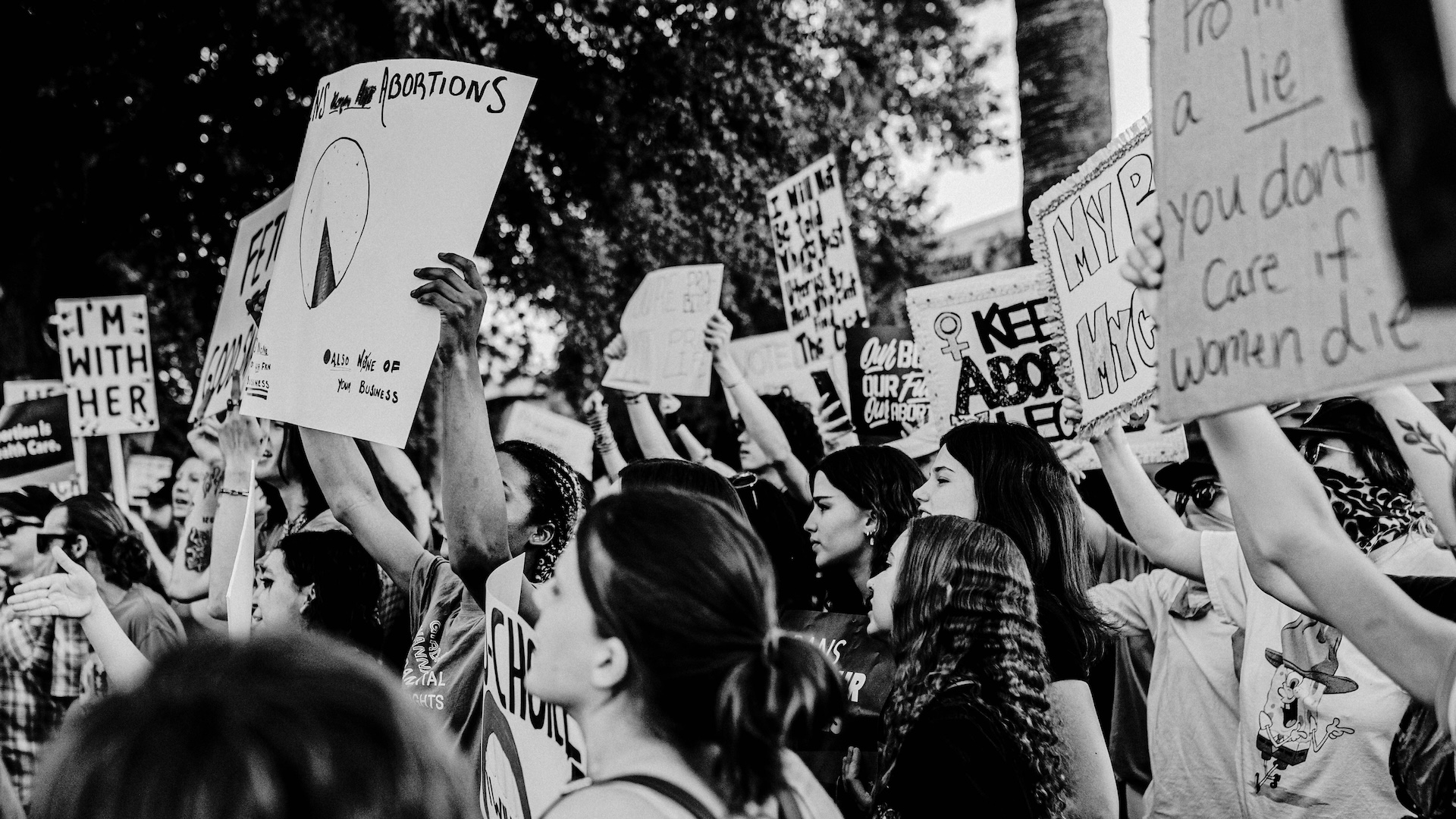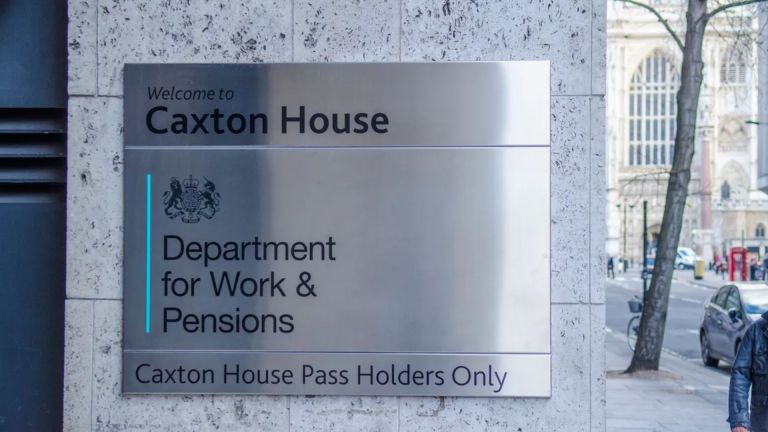Meanwhile, recent national police guidance recommended that officers seize women’s devices and look at their menstrual tracker apps to investigate potential illegal abortions.
Tonia Antoniazzi, Labour MP for Gower who tabled the amendment to decriminalise abortion for women, said: “I have been alarmed in recent years by the increasing number of women who’ve faced criminal investigations for suspected illegal abortion.”
More than 100 women are believed to have been investigated for having an abortion in the last five years. Six women have faced court action, and one woman was sent to prison on suspicion of illegal abortion offences.
This year, Nicola Packer, 45, was cleared by a jury after being accused of having an illegal abortion. She had been prescribed medication to terminate the pregnancy over the phone during the pandemic, when she was about 26 weeks pregnant. She said in court that she believed the pregnancy was at an earlier stage.
“It was meeting Nicola Packer, when I spent a day at her trial, that strengthened my resolve to push for a change in the law. Seeing her in the dock that day, watching her internet history be scrutinised in public, as if she were a criminal, and talking to her about what she went through, it was clear to me that this was not justice, it was cruelty,” Antoniazzi said.
“I was utterly horrified – at the barbarity she was subject to when acutely vulnerable, and the severe long-term damage the investigation caused her and her family. Yet facing the visceral details of Nicola’s story, I was struck by the fact that many other women had been victims of this Victorian-era law and have their own life-altering experiences of this cruelty as well.
Advertising helps fund Big Issue’s mission to end poverty
“It made me feel quite sick, to be honest. It was then that I became determined to fight tooth and nail to ensure that this could never again happen to any other woman.”
The Crime and Policing Bill is set to go to a second reading in the House of Lords on Thursday (16 October) before it can pass to the final stages and be made law.
Katherine O’Brien, head of campaigns and communications at the British Pregnancy Advice Service (BPAS), claimed that the current law in England and Wales, which means women could theoretically be sent to prison for life for an illegal abortion, is “extreme even by the standards of anti-abortion activists in the US”.
“The criminalisation of abortion dates back to a bill passed in 1861 before women could even vote,” she said. “But actually, over recent years, we’ve seen a real increase in the numbers of women facing prosecution, in a way that we absolutely haven’t at any other point in recent history. It became incredibly important that the law was changed as soon as possible.”
Following the repeal of Roe v Wade and the rollback of reproductive rights in the US, O’Brien says that the move towards decriminalising abortion in England and Wales is “incredibly significant” and “sends a clear signal of the direction of travel”.
Louise McCudden, head of external affairs at MSI Reproductive Choices, agreed: “I think it’s very powerful as a message to send to the world that parliamentarians in this country have voted to defend the right to choose. Most people in this country are pro-choice.”
Advertising helps fund Big Issue’s mission to end poverty
Around nine in 10 UK adults believe that women should be able to access abortion services in the UK, according to YouGov polling from 2020. Research also shows that up to one in three women will have at least one abortion in their lifetime.
“The anti-choice movement is a minority in this country,” McCudden said. “But they get funding, some of it coming from the US. We know that they are spending more money campaigning and trying to get politicians to represent their interests. I think it is very powerful that MPs listen to their constituents and listen to women rather than listening to a very small but very loud and well-funded section.”
But even after the law changes, any individual who assists a woman in an illegal abortion, including medical professionals, could still be punished.
“Abortion is still in the criminal law in this country. It is still within the hands of politicians to decide in which circumstances women should be permitted to access abortion care. Doctors can still be prosecuted for performing an abortion outside the terms of the abortion act. We’re making progress, but it’s still in a very precarious situation,” O’Brien said.
Northern Ireland, once associated with draconian abortion restrictions, is in some ways more progressive than England and Wales on abortion law. There is no time limit for abortions where there is risk to the woman’s life or a grave risk of permanent injury to her health, or in cases of severe fetal impairment or fatal fetal abnormality.
Scotland largely operates under the Abortion Act of 1967, but abortion law was devolved in 2016, meaning it is up to the Scottish government to change the law to protect women from prosecution for an illegal abortion. The Big Issue previously reported on how dozens of women every year make the journey from Scotland to England for abortions because of a lack of doctors to perform surgical abortions.
Advertising helps fund Big Issue’s mission to end poverty
There remain concerns that, across the UK, “rights can be rolled back incredibly quickly”. O’Brien pointed out that it was less than 15 years ago that Andrew Lansley, as health secretary for the Conservative government, directed inspections of abortion clinics to try to “catch out” doctors who were carrying out illegal abortions.
“We have had health secretaries that really wanted to see abortion providers prosecuted. It is very much in the realms of possibility that that could happen again,” O’Brien said.
“As a country, we are pretty pro-choice. But the problem is that politicians don’t always represent the views of the public. They don’t always represent the views of their own voters, but certainly all the signals from Nigel Farage so far have been that if he had the power to do something about abortion law, he would try to restrict it absolutely.”
Farage has said it is “utterly ludicrous” to allow abortion up to 24 weeks.
McCudden added: “We do wonder if [Farage] is trying to ingratiate himself with the extreme right in the US, rather than prioritising what his own constituents care about. It is quite concerning to see politicians trying to weaponise something which is a common, safe, normal part of healthcare and really none of their business.”
At the end of last year, the National Police Chiefs’ Council (NPCC) quietly issued guidance which said officers could seize women’s devices and review their search histories, private messages and data from health apps including menstrual and fertility trackers when investigating unexpected pregnancy loss.
Advertising helps fund Big Issue’s mission to end poverty
“I was absolutely shocked when I saw it. We were stunned. I couldn’t believe that they had written this down, that this was the guidance for police to follow. And it is really frightening,” O’Brien said. “To see in black and white that police are being instructed to search through women’s phones and their period tracker apps after a stillbirth is shocking.”
Chiara Capraro, gender justice programme director at Amnesty International UK, said that it is “worrying and dehumanising that women are still seen as suspect because they record or pay attention to their own health”.
As the measure to decriminalise abortion for women is not yet law, it is believed that some police forces may still be following this guidance. McCudden said it “brought to light things we suspected might be going on anyway”, although she stresses that many police forces across the country operate with the women’s best interests in mind.
“The important thing for us is that anybody who is thinking about having an abortion and considering their options knows that they can come to a regulated abortion provider like us, and they’ll get safe, confidential care, and can get it through the NHS,” she added. “It is a small number of women who are being investigated.”
Once the Crime and Policing Bill is passed, there will be greater protections for women having an abortion. But Capraro points out it is complex because the bill, she argues, “curtails the rights to protest” and could “criminalise” sex work and people facing poverty. Carpraro believes it could simultaneously harm women’s rights.
The government has established safe zones around abortion clinics and hospitals in England and Wales in October last year, 150-metre boundaries where it is a criminal offence to harass or alarm anyone accessing or providing abortion services or to intentionally influence or obstruct services. Scotland introduced 200-metre buffer zones a month earlier.
Advertising helps fund Big Issue’s mission to end poverty
This was welcomed, but experts fear that it could mean anti-abortion campaigners are forced to find more creative ways to spread their agenda, such as funding crisis pregnancy centres. These centres, which the Big Issue has reported on, are typically run by Christian groups and some have been known to “misinform” and in some cases “traumatise” women.
McCudden said: “I would be surprised if anti-choice groups just give up and go away and stop harassing women. They’ll find new ways to do it.”
Campaigners are urging the government to make steps towards full decriminalisation of abortion to ensure protection for women, including an end to the requirement for two doctors to sign to say a woman is eligible for an abortion.
“There’s a lot of bigger things that we would want to reform with the law, but an amendment to a bill, in my view, isn’t the right way to do that, because it requires debate and scrutiny and thoughtful analysis,” McCudden said.
“For this particular amendment, it was right to focus on the women themselves. In this country, that’s what we are seeing. It’s the women who are being investigated. It hasn’t been doctors and it hasn’t been activists.”
Do you have a story to tell or opinions to share about this? Get in touch and tell us more.
Advertising helps fund Big Issue’s mission to end poverty
Reader-funded since 1991 – Big Issue brings you trustworthy journalism that drives real change.
Every day, our journalists dig deeper, speaking up for those society overlooks.
Could you help us keep doing this vital work? Support our journalism from £5 a month.





